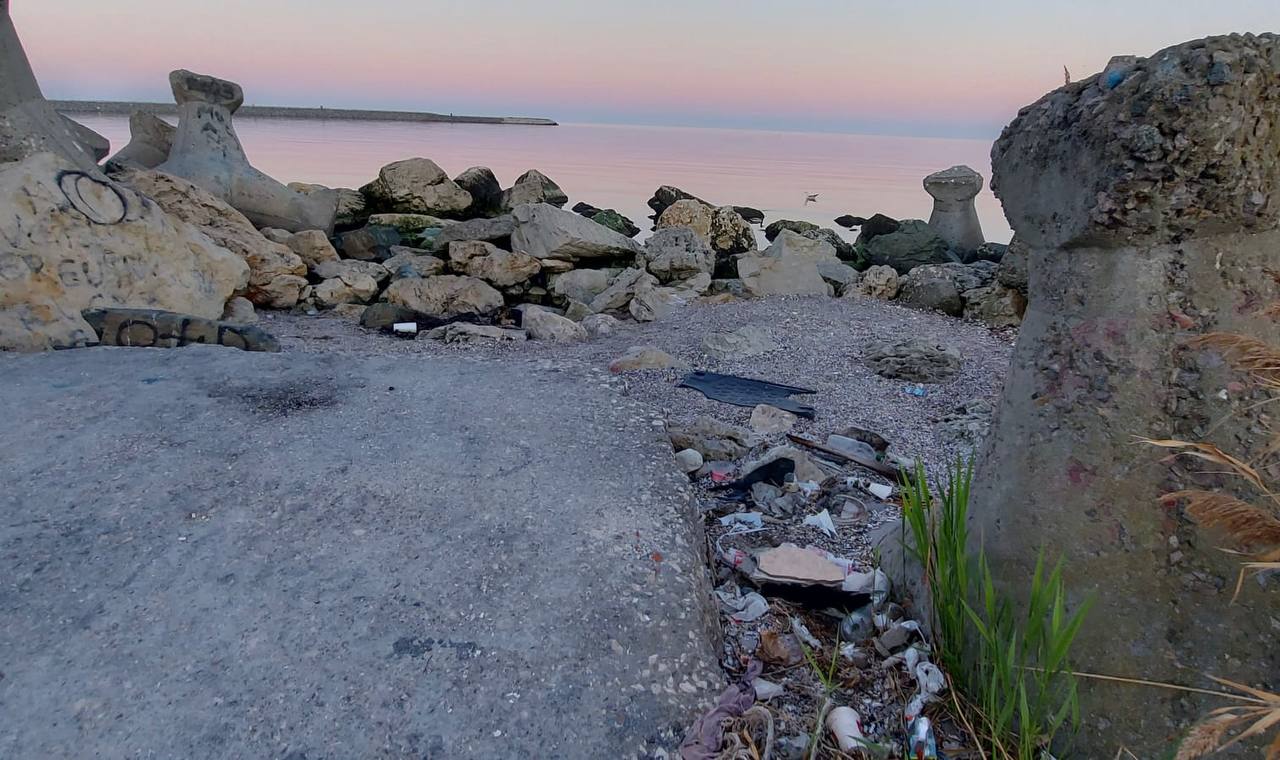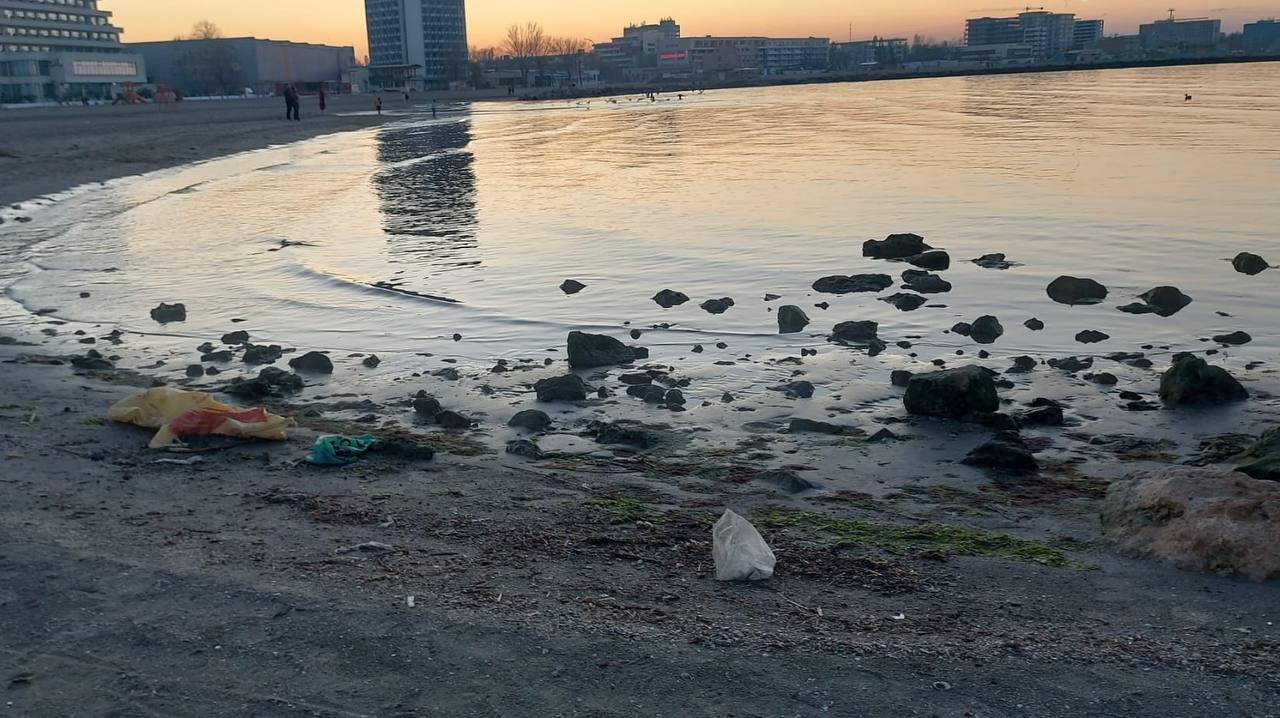The transformation of The Black Sea, from a tourist attraction to a garbage dump

Environmental pollution began in prehistoric times, when man invented fire. However, the effects of pollution are only seen in the last century, when people begin to benefit from machines and many factories begin to be built and expanded.
By definition, pollution is the contamination of the environment with materials that harm human health or ecosystems of living organisms. According to a study carried out by the European Union, in 2019, cars produced 71.7% of the carbon dioxide present in the atmosphere.
In 2020, Ursula von der Leyen mentioned Romania in the top of climate apocalypse. „The planet has become dangerously hot. I have seen everything that is happening around us, from homes evacuated due to the collapse of the Mont Blanc glacier, to the fires in Oregon to the crops destroyed in Romania by the strongest drought in decades”, said the president of the European Commission.

© Elena Bivol
The Black Sea, destroyed by pollution
On the same note, the European Union presents the results of some studies based on the planetary ocean. The results of using single-use plastic can be seen on the seashore, but also in the oceans. According to one estimate, by 2050 the oceans could contain more plastic than fish. Also, between 4.8 and 12.7 million tons of plastic end up in seas and oceans every day.
Nevertheless, there is the hope to save the ecosystems from European seas. In May 2020, Romania adopted a decision approving the Strategy Framework Directive for the marine environment (2008/56/EC), transposed into national legislation by Government Emergency Ordinance 71/2010 on the establishment of the strategy for the marine environment. The main objective is to achieve or maintain good ecological status of the marine environment in all European Union marine regions, including the Black Sea. In order to the fulfill this objective, the member states, including Romania, must adopt and implement the program of measures, developed according to the directive. This program includes 29 new measures, including the identification of the areas of accumulation of plastic waste from the marine environment, according to green-report.ro.
Why is the Black Sea the most polluted in Europe?
The Black Sea remains one of the most polluted seas in the world. Here, the pollution process started in 1960. In the Black Sea, the amount of marine waste is twice as much as in the Mediterranean Sea, according to a study done in 2019. On the same note, 83% of total amount of rubbish found in the Black Sea are plastic bottles, bags and packings.
The pollution in the Black Sea stems from various sources, including industrial discharge, agricultural runoff containing pesticides and fertilizers, as well as maritime activities such as shipping and oil spills. These pollutants contaminate the water, degrade habitats, and threaten the survival of marine species.
According to the last idea, the Black Sea dolphins are on the verge of extinction. The main culprit is pollution. If in 1950 there were 2 million dolphins, in 2019 it remained just 400.000.
However, the war in Ukraine pollutes the Black Sea environment and protective measures become difficult to achieve. Military activities damage the nature reserve, pollute the sea with sunken equipment and adversely affect ecosystems. Thus, pollution occurs from chemical compounds, rocket fuel residues and heavy metals in water that are released into seawater.
Every year on 31st October, International Black Sea Action Day commemorates the signing of the Black Sea Strategic Action Plan. The day is dedicated to awareness-raising activities, including educational and beach clean-up actions.

© Elena Bivol




